Trump's Transgender Athlete Ban: Minnesota Under Federal Scrutiny
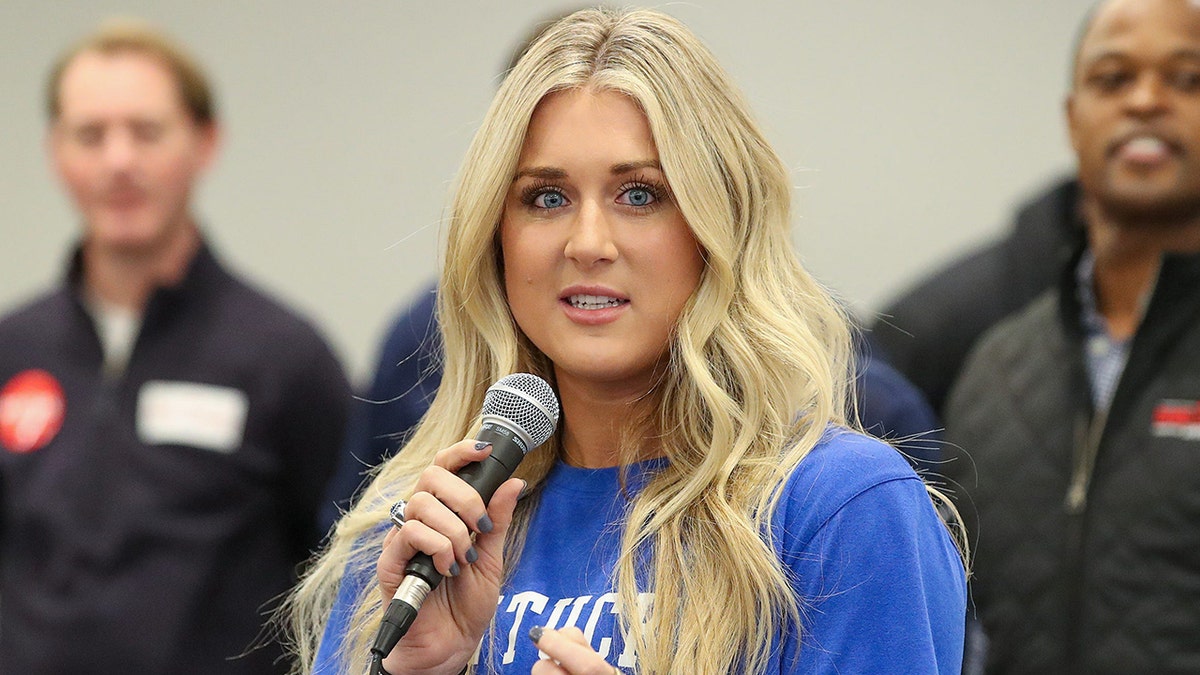
Table of Contents
The Transgender Athlete Ban: A National Controversy
The transgender athlete ban, largely fueled by concerns about competitive fairness in women's sports, emerged during the Trump administration. While not a single, sweeping federal law, the ban manifested through a series of executive orders, proposed legislation, and pronouncements from government officials, aiming to restrict transgender women's participation in women's sports at various levels, including collegiate and professional. The core argument supporting the ban centers on the belief that transgender women retain a physical advantage over cisgender women due to differences in puberty and hormone levels, potentially compromising fair competition.
- Executive Orders and Legislation: While no single federal law explicitly banned transgender athletes nationwide, executive orders and proposed legislation sought to define sex in a manner that excluded transgender women from women's sports. These actions spurred significant legal challenges.
- Arguments For and Against: Proponents argue for protecting the integrity of women's sports and preserving opportunities for cisgender women athletes. Opponents argue the ban is discriminatory, violating Title IX and the principle of equal protection under the law, and causing significant harm to transgender individuals' well-being. Furthermore, data on the competitive advantage of transgender women remains limited and contested.
- Statistics and Impact: Precise statistics on the number of transgender athletes affected nationally are difficult to obtain due to varied reporting and the sensitive nature of the data. However, the ban's impact extends far beyond numbers, affecting the mental health and athletic opportunities of countless individuals.
- Legal Precedents: Numerous court cases, at both state and federal levels, have challenged similar restrictions on transgender participation. These cases have set varying precedents, adding to the legal complexity surrounding the issue and the potential legal battles Minnesota faces.
Minnesota's Response and the Federal Scrutiny
Minnesota, through its own state-level policies and the actions of its officials, has shown resistance to the spirit, if not the letter, of the federal push to ban transgender athletes. This stance has put the state directly in the crosshairs of the federal government, leading to threats of legal action and potential funding cuts.
- Minnesota's Stance: While Minnesota may not have a law directly contradicting the federal government’s position, the state has demonstrated a commitment to inclusive policies in other areas, which indirectly opposes the federal stance on transgender athletes. Specific examples may include policies within the Minnesota State High School League or collegiate athletic organizations.
- Federal Actions: The federal government's response to Minnesota's stance may include lawsuits, investigations into compliance with federal regulations, or threats to withhold federal funding allocated to schools or athletic programs that permit transgender women's participation.
- Financial Consequences: Non-compliance with potential federal directives could lead to significant financial penalties for Minnesota, affecting schools, universities, and athletic programs reliant on federal funding.
- Community Activism: The issue has garnered significant attention within the state, with various advocacy groups and community members protesting the ban and expressing solidarity with transgender athletes.
The Legal Landscape: Challenges and Potential Outcomes
The legal challenges to the transgender athlete ban are multifaceted and far-reaching. The potential outcomes will significantly impact the future of transgender athletes' participation in Minnesota and nationwide.
- Legal Arguments Against the Ban: Those challenging the ban often cite Title IX, which prohibits sex-based discrimination in federally funded education programs, and the Fourteenth Amendment's Equal Protection Clause, arguing the ban discriminates against transgender individuals.
- Legal Arguments Defending the Ban: Arguments in favor of the ban often center on the notion of fair play and preserving competitive balance in women's sports, raising questions about the biological differences between transgender women and cisgender women.
- Supreme Court and Lower Court Rulings: The legal landscape is constantly evolving, with ongoing court cases at various levels influencing the legal interpretation and application of the ban. Supreme Court precedent in related cases plays a significant role.
- Long-Term Implications: Court decisions will establish precedents that extend far beyond Minnesota, impacting the rights and participation of transgender athletes across the country.
Impact on Transgender Athletes in Minnesota
The transgender athlete ban carries profound implications for the lives of transgender athletes in Minnesota, extending beyond participation in sports to their mental health and overall well-being.
- Anecdotal Evidence: Gathering personal accounts of transgender athletes in Minnesota who have been affected by the ban is crucial for understanding the human cost of such policies. These stories can highlight the emotional, psychological, and social consequences of exclusion.
- Increased Discrimination: The ban can contribute to a climate of increased discrimination and exclusion, potentially impacting transgender athletes' access to opportunities and creating barriers to participation in sports.
- Importance of Inclusive Policies: Creating inclusive policies and support systems is vital to fostering a positive environment for transgender athletes, promoting their mental health, and providing them with the resources they need to thrive.
Conclusion
The debate surrounding the transgender athlete ban is complex, pitting concerns about fairness in competition against the fundamental rights and well-being of transgender individuals. Minnesota's current situation highlights the national implications of this conflict, with the state facing significant federal scrutiny for its stance on this issue. The ongoing legal battles and the potential financial consequences for Minnesota underscore the profound ramifications of this policy, extending far beyond the realm of sports. The experiences of transgender athletes in Minnesota demonstrate the human cost of exclusionary policies and highlight the urgent need for a more inclusive approach.
The debate surrounding the transgender athlete ban continues to evolve, demanding a nuanced and empathetic approach. Further research into the legal ramifications and the lived experiences of transgender athletes is critical for informed discussion and the creation of more inclusive athletic policies. Stay informed about the ongoing developments in this critical area affecting the rights and opportunities of transgender individuals. Let's work towards a more inclusive future in sports, where all athletes are treated fairly and have equal opportunities to participate and excel, regardless of gender identity.

Featured Posts
-
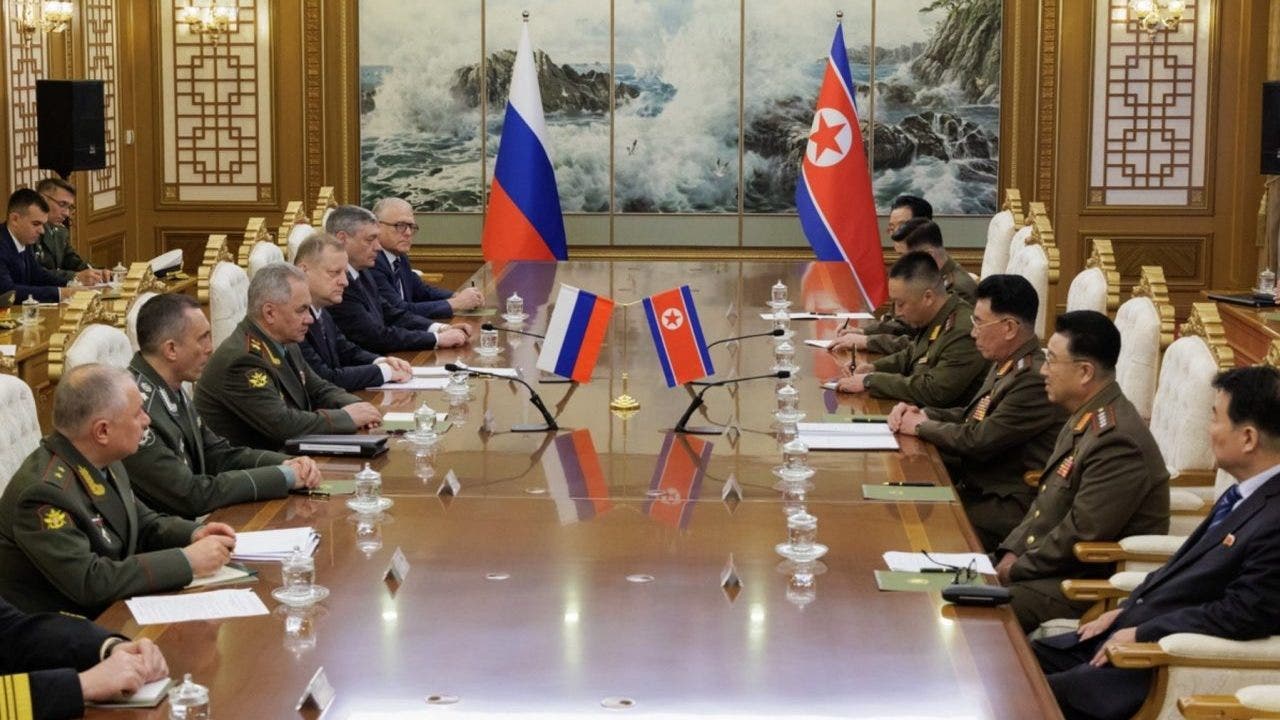 North Koreas Ukraine Involvement Troop Deployment Confirmed By Russia
Apr 29, 2025
North Koreas Ukraine Involvement Troop Deployment Confirmed By Russia
Apr 29, 2025 -
 Antlaq Fealyat Fn Abwzby 19 Nwfmbr
Apr 29, 2025
Antlaq Fealyat Fn Abwzby 19 Nwfmbr
Apr 29, 2025 -
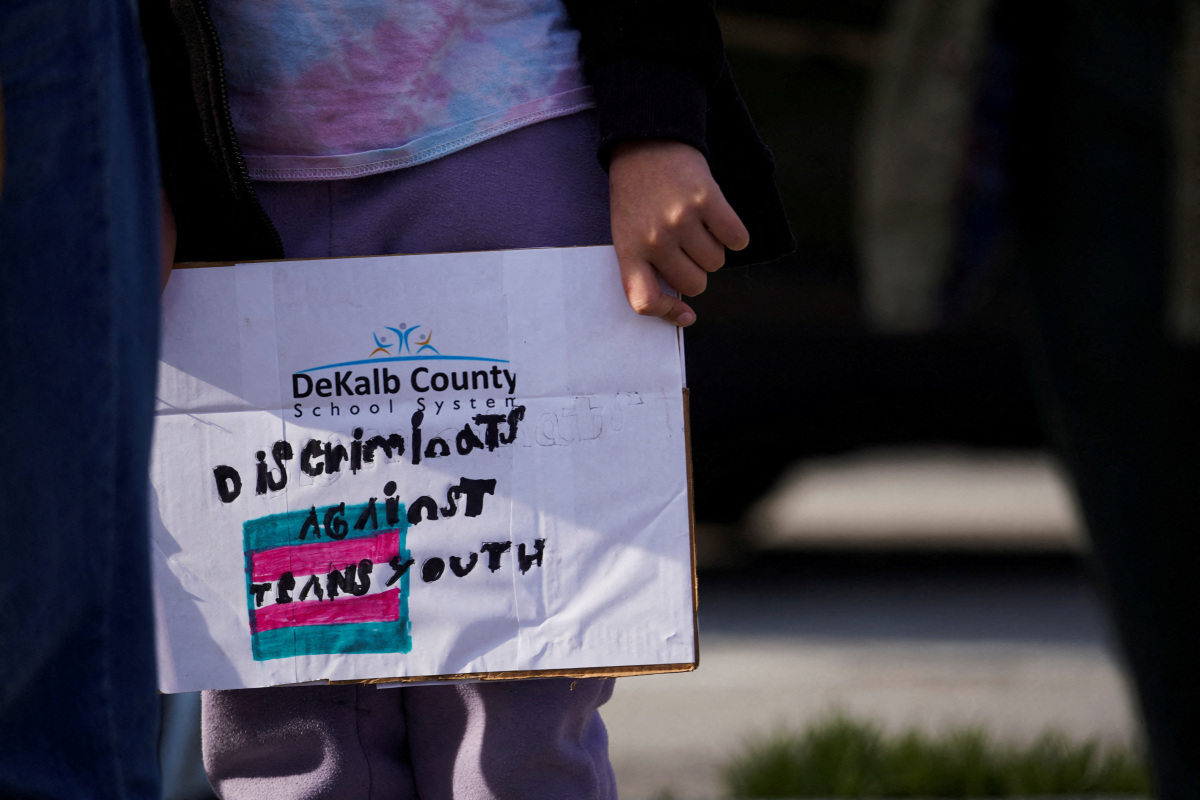 Minnesota Faces Attorney General Pressure Over Transgender Athlete Ban
Apr 29, 2025
Minnesota Faces Attorney General Pressure Over Transgender Athlete Ban
Apr 29, 2025 -
 Mwaeyd Wamakn Fealyat Fn Abwzby Ybda 19 Nwfmbr
Apr 29, 2025
Mwaeyd Wamakn Fealyat Fn Abwzby Ybda 19 Nwfmbr
Apr 29, 2025 -
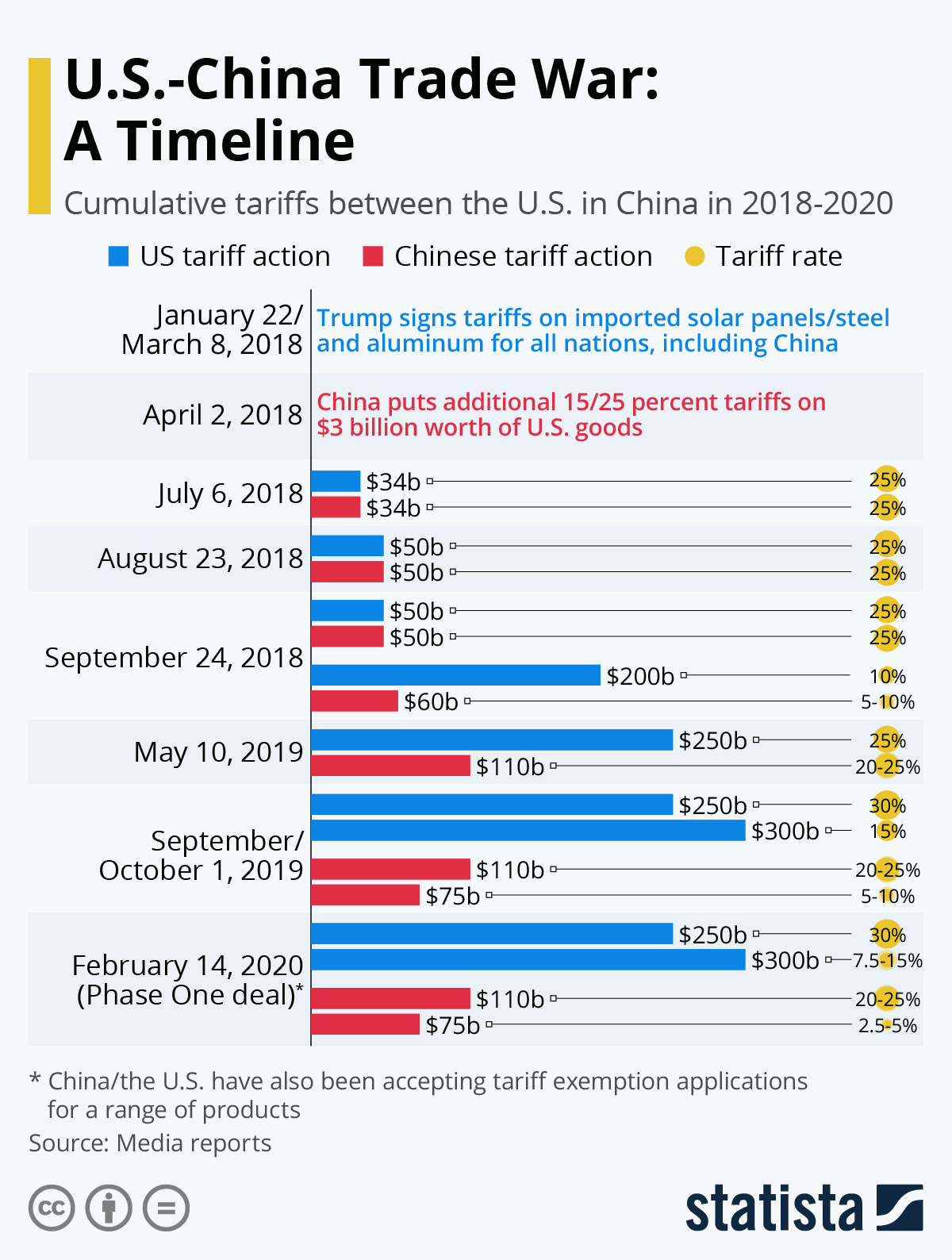 Trump Administrations China Tariffs Examining The Long Term Economic Repercussions
Apr 29, 2025
Trump Administrations China Tariffs Examining The Long Term Economic Repercussions
Apr 29, 2025
Latest Posts
-
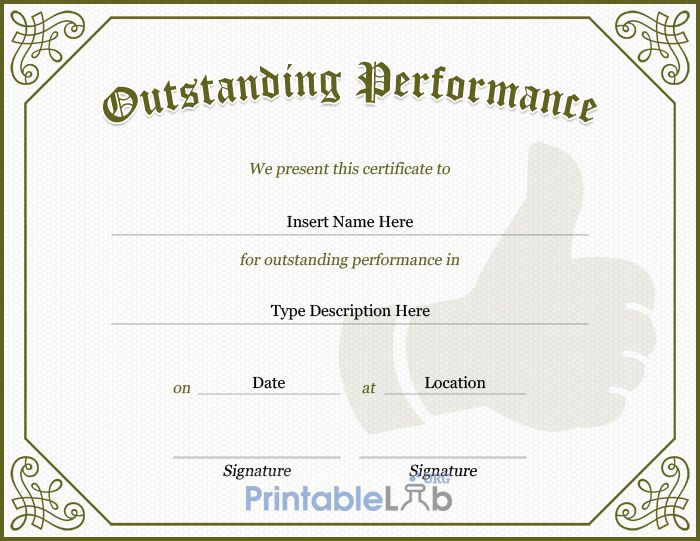 Middle Management Their Value In Driving Company Performance And Employee Growth
Apr 29, 2025
Middle Management Their Value In Driving Company Performance And Employee Growth
Apr 29, 2025 -
 Wildfire Betting Exploring The Ethics And Legality Of Wagering On The Los Angeles Fires
Apr 29, 2025
Wildfire Betting Exploring The Ethics And Legality Of Wagering On The Los Angeles Fires
Apr 29, 2025 -
 The Rise Of Disaster Betting Examining The Market For Wagers On The Los Angeles Wildfires
Apr 29, 2025
The Rise Of Disaster Betting Examining The Market For Wagers On The Los Angeles Wildfires
Apr 29, 2025 -
 Why Middle Managers Are Essential For Company And Employee Success
Apr 29, 2025
Why Middle Managers Are Essential For Company And Employee Success
Apr 29, 2025 -
 Los Angeles Wildfires A Reflection Of Societal Attitudes Towards Disaster And Betting
Apr 29, 2025
Los Angeles Wildfires A Reflection Of Societal Attitudes Towards Disaster And Betting
Apr 29, 2025
